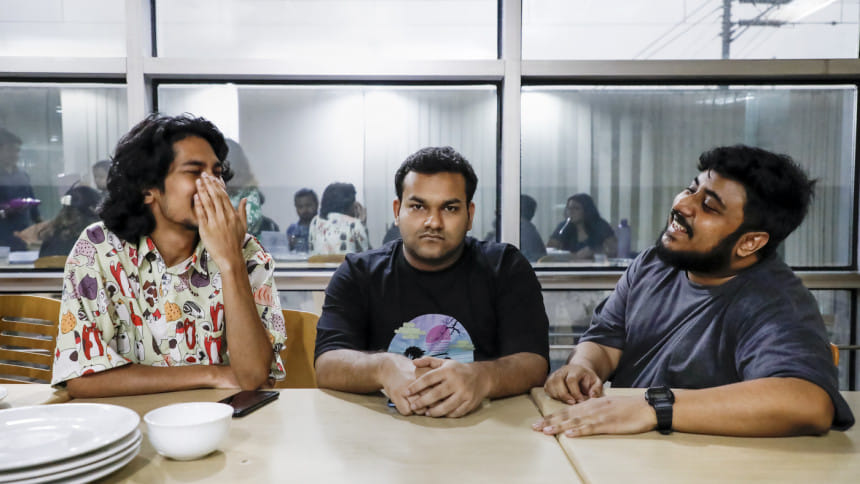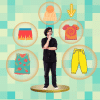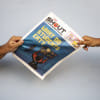Navigating the world with a poker face

Right when we were about to go on stage to get our science fair awards, my friend subtly elbowed me in the ribs and hissed, "You really need to start smiling more."
This was back in eighth grade, and even to this day, there are times when I struggle with looking like I'm over it. Sure, like Simone Biles said, "Smiling doesn't win you gold medals" but a soft, approachable expression can do wonders in the way people perceive us, or at least that's what I've been told over the years. Many people who're now some of my best friends have told how they thought I was an ice queen when they first saw me, and it's definitely the worst in group settings because then I have to be extra diligent in building a rapport with others. Without the compensation of smiles and calculated expressions, I know I appear cold and uninterested, and perhaps even unwell, because there have been times when people directly asked if I was going through hard times when in reality, I was actually really happy about something.
But surprisingly, it's not all bad. For starters, having a poker face myself means I'm less intimidated by others with a stony expression because I know that usually, it's nothing personal. They're probably not even aware that they have their poker face on, and won't mind being approached. As a result, I'm more comfortable in my social interactions and open to engaging with more people. On the flip side, of course, my face can act as a great repellent for unnecessary chats when I'm not in the mood for them. I also have an easier time in negotiations because I don't come off as desperate, and when I'm working in a team, I always earn my teammates' trust as the most level-headed one.
That being said, my poker face has ironically made me more invested in those around me. Because I know some people often wrongly translate a poker face as annoyance or flippancy, I pay more attention to my facial expressions and body language when I'm talking, and that helps me make people feel safer. Similarly, my focus on my own social and emotional cues in conversations means I observe other's behavior very minutely as well. Be it very well-hidden contempt or more apparent hints, chances are I'll notice instantly.
Poker faces get a lot of negative attention in social settings, and I can obviously see why. Even if unintended, it can come across as apathetic or even angry to most people, and unless someone's alright with how people perceive them, it'll be in their best interest to figure out when they really should put on that face. After all, it can be both an asset and a liability, and it all depends on the timing and place. In my personal experience, my poker face has been a source of understanding how I interact with other people as well as how other people interact with me, and for that, I'm grateful.
Fabiha is now the Martell heir apparent of Dorne, but still a secret Slytherin alum. Pledge your allegiance and soul to her at [email protected]

 For all latest news, follow The Daily Star's Google News channel.
For all latest news, follow The Daily Star's Google News channel. 









Comments